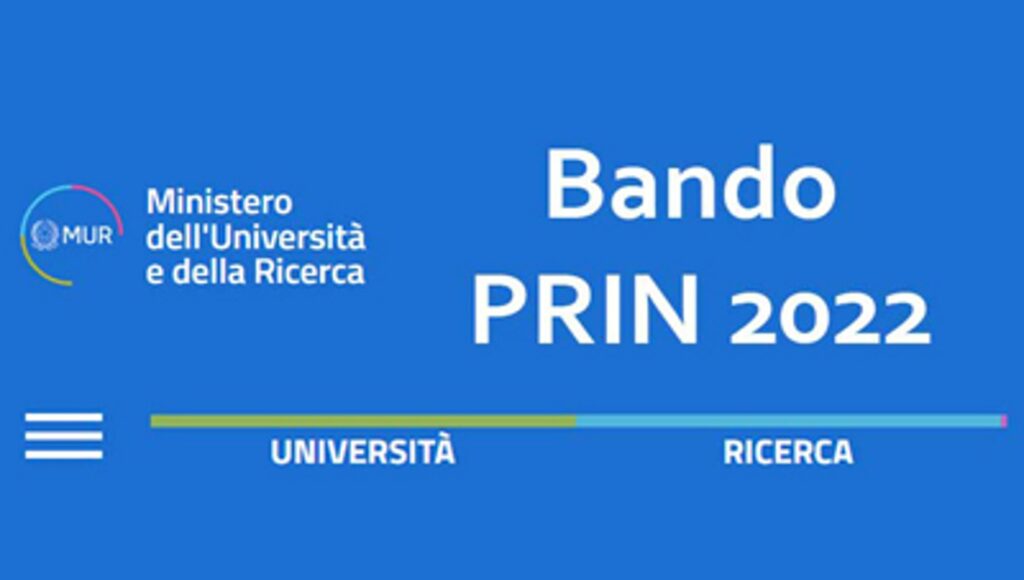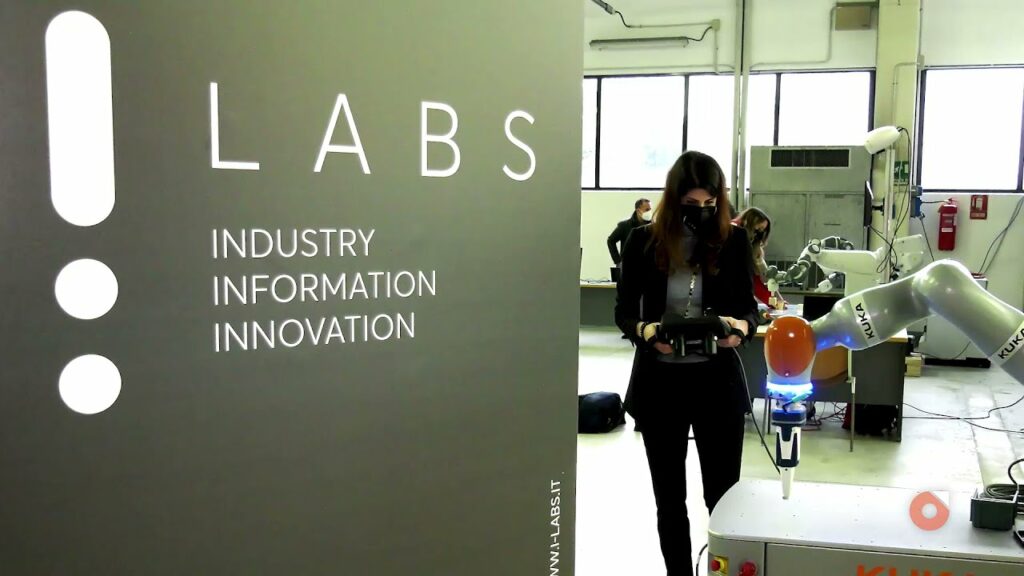DYNAMICA
DYNAMICA
DYNamic Assessment and Mitigation of the
Impact of Collaborative Applications




PROJECT DETAILS
Collaborative robots (cobots) are expected to play an important role in strengthening the capacity to manufacture goods in a sustainable and competitive way, empowering of end-users and workers, enhancing safety and preventing health risk in the workplace, with a new human-centered paradigm.
Cobots can share the same workplace with humans, physically interacting with them in the execution of shared tasks, in which the expertise of operators and repeatability of robots can be merged. The implementation of collaborative applications is still tough for non-skilled operators, and several fundamental issues remain to be addressed. The new generation of cobots for industry should be endowed with improved tools for rapid deployment and reconfiguration. Such ambitious goals become even more challenging in Small and Medium Enterprises (SMEs), where the adoption of sophisticated technologies is often prevented by the need of specialized workers. Such a lack of innovation in the production lines increases the risk for a SME of failing to cope with market change and consumer individualization.
DYNAMICA project will develop and deliver tools that will allow an enterprise to rapidly install a new cobot, run it safely in the factory environment, and easily re-configure it to accomplish changed tasks or environmental conditions, overcoming the current barriers that limit the full usability of collaborative robots. More in detail, the DYNAMICA project will address the scientific and technological improvement of the following three key research topics.
Impact evaluation tool
Before the physical robot installation, it is important to analyze the feasibility of the collaborative solution in terms of costs and throughput, considering both technological and human factors, such as human energy efficiency. This is the goal of this tool, which will account for the impact of workcell layout and cobot operational parameters on human performance.
Teaching module
Programming a robot is generally not easy, and it is even more difficult if a task planning must be performed. A dedicated tool and HMI will be developed, implementing a task and programming framework able to perform dynamic task allocation in collaborative scenarios through the optimization algorithms derived by theoretical modeling.
Safety evaluation tool
The shared workspace raises concerns on the safety of the operator. This tool will evaluate the impact of cobot operational parameters on safety in real applications, exploiting the Robot Safety indexes defined by theoretical modeling and including reactive control algorithms to avoid human-robot impacts with respect to fixed and mobile obstacles.
DYNAMICA will at first study the fundamental issues in these topics and define novel methods and algorithms to address the issues. Then a full set of tools to enhance the design and operation of collaborative workcells will be developed: Impact evaluation tool, to account for the actual energy expenditure and throughput of a collaborative workcell in real industrial scenarios, considering both technological and human factors; Teaching module, to make easier robot programming by a dedicated HMI; Safety evaluation tool, to evaluate the impact of cobot operational parameters on safety in real applications and to safely operate with robots thanks to novel real-time algorithms.
The evaluation of project outcomes will be carried out by means of prototype workcells, which will integrate and exploit the tools in real case studies. The technology demonstrators will undergo experimental testing to show the feasibility and the effectiveness of the methods and tools delivered in real scenarios.
DYNAMICA will build new knowledge in a cutting-edge technological field and will enforce the sharing of the expertise of the 3 RUs, in accordance with the national goal of enforcing the implementation of Industry 4.0 paradigm and the digital transition of Italian SMEs.
CONSORTIUM
Three Research Units are involved in DYNAMICA (UNIPD, UNIVPM, UNIPV), all of them with solid scientific background on the main topics to be investigated, outstanding expertise in leading national and international research projects, very well-equipped scientific labs with several cobots readily available, important international scientific collaborations in the field and relevant industrial relations.

Università degli Studi di Padova (UNIPD)
Gruppo di Meccanica Applicata alle Macchine
Dipartimento di Ingegneria Industriale
Università degli Studi di Padova
Via Venezia 1, 35131, Padova (PD)
website

Università Politecnica delle Marche (UNIVPM)
Gruppo di Meccanica delle Macchine
Dipartimento di Ingegneria Industriale e Scienze Matematiche
Università Politecnica delle Marche
Via brecce bianche 12, 60131, Ancona (AN)
website

Università degli Studi di Pavia (UNIPV)
Laboratorio RAMSLAB (Research on Advanced Mechanical Systems Laboratory)
Dipartimento di Ingegneria Industriale e dell'Informazione
Università di Pavia
Via Adolfo Ferrata 5, 27100, Pavia (PV)
website
NEWS
In the following section, the events organized in the context of the DYNAMICA project as soon as the technological progress and all the scientific results that will be achieved will be published.
PRIN APPROVAL
20.12.2023

The PRIN Project DYNamic Assessment and Mitigation of the Impact of Collaborative Applications (DYNAMICA), ID: 2022XXH9JZ_002 / ERC, CUP: I53D23001930006, has been funded and the work will begin soon.
KICK-OFF MEETING
18.01.2024

The kick-off meeting of the DYNAMICA project was held in Jesi (AN), at the i-Labs industry facilities, on 18.01.2024. It has been a great opportunityfor all the contributors of the project to meet in person and to define in more details the roadmap of the project, where to focus the research and future steps.
CONTACTS
- Prof. Giulio Rosati
-
Università degli Studi di Padova
Dipartimento di Ingegneria Industriale - Via Venezia, 1
- Padova (PD), 35131 - ITALY
- Phone: 0498276809
- E-mail: giulio.rosati@unipd.it
DYNAMICA
DYNAMICA has received funding from NextGenerationEU - European Union









